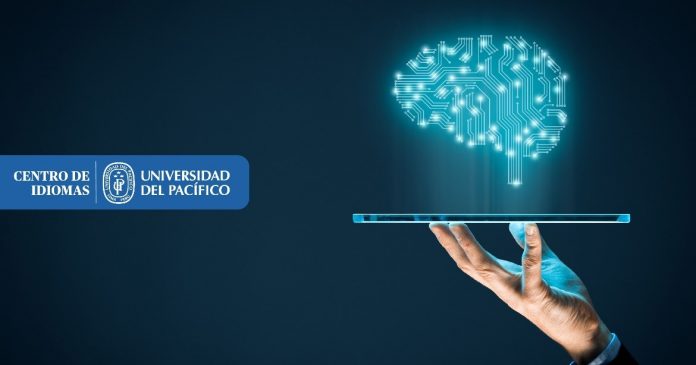Artificial intelligence has been around for some time now. It has been revolving around us, sometimes unnoticed, and at times because it was our choice to let it in. And the field seems to split in two flanks: believers and skeptics. Focusing on your own case: have you decided whether you are going to be a user or just a witness? Are you incredulous or enthusiastic about it? Do you believe it will make our lives easier or become a real threat for many jobs? In fact, there is not a categorical answer to any of these questions yet. However, before stating an opinion, it is wise to be informed and evaluate its uses and impact on different fields. In this case, we will focus on language and education.
As soon as ChatGPT emerged, I could notice that a number of courses offered to make the most of it, promising to have you embrace change and technology not to be left behind. I have read several articles and harsh critics against the ones that disagree with its implementation in education or in the workplace; moreover, they were called contemptuously luddites (meaning enemies of technical progress). Although, obviously, not all voices agreed.
Versatile usage
ChatGPT has been used in different fields as we all know. Not surprisingly, it has been employed to write endings of novels, short stories, essays, slogans, and also to correct and revise texts, tasks that were all done by professionals until recently. Many would say that professionals can benefit from its usage since it may be used as a starting point for a given task reducing considerably the time needed. However, in the job market, things may look different, and the concern is understandable, especially for the ones that have always worked in the field of languages.
But the reality is that many have been interacting with chatbots during the pandemic and are still doing so; these devices even have now a name and a face in some banks, public institutions and in the private sector. Even when you buy online, there are automated responses. And this is only one of the most common applications.
Let’s get to know how ChatGPT works. As its name implies, it is a chatbot that responds to given prompts. It can be useful to get ideas for our classes; for example, it can classify information about a topic of your concern or interest; it can provide you with models of texts, it can help you with planning your lessons, among other tasks. That sounds good, doesn’t it? It is free and it saves lots of time.
The crossroads
However, let’s also take a look at the other side of the coin: it is shocking for teachers when students suddenly become ultra-wise submitting a writing assignment or speaking about a certain topic just by making verbatim use of ChatGPT supplied information. Critical thinking? None. A draft to improve their own writing? Not really. This puts a lot of strain on us to implement not only innovative interactive activities, but also more effective evaluation systems.

Academic staffs and teachers must see eye to eye in this point. Embracing change and technology does not mean you have to use it without having some comprehension of their benefits and challenges. There must be regulations regarding their use and what is considered ethical or unethical. Can we call it plagiarism if the information has not been taken from specific sources in particular? Is there a software available to detect it? Yes, GPTZero https://gptzero.me/ Are we up to teach our students to discriminate which is fake information and which is not? Are they aware that the information they get is not original and that it can contain mistakes? When is it a suitable moment to start? How should we do it? By addressing the topic in class? By getting to know what our students think about its use? By brainstorming together the do’s and don’ts? Is that old-school?
In the meantime, big companies are racing to make their versions more accessible and to incorporate them as another tool in their software. Let’s see what the future brings.
And now it is your turn:
Have you already tried ChatGPT for academic purposes?
Has it been helpful so far?
We would love to know what you think.










